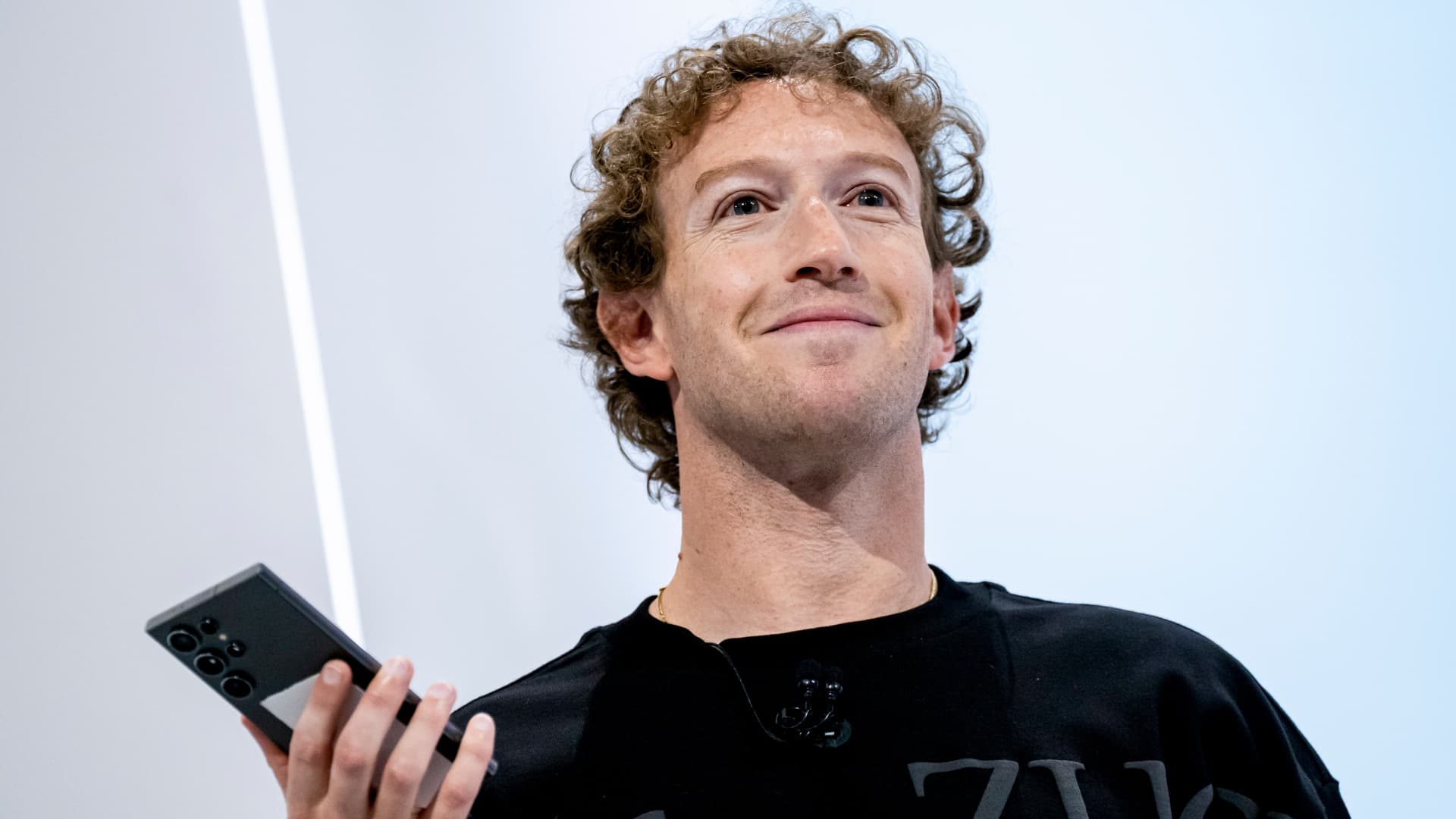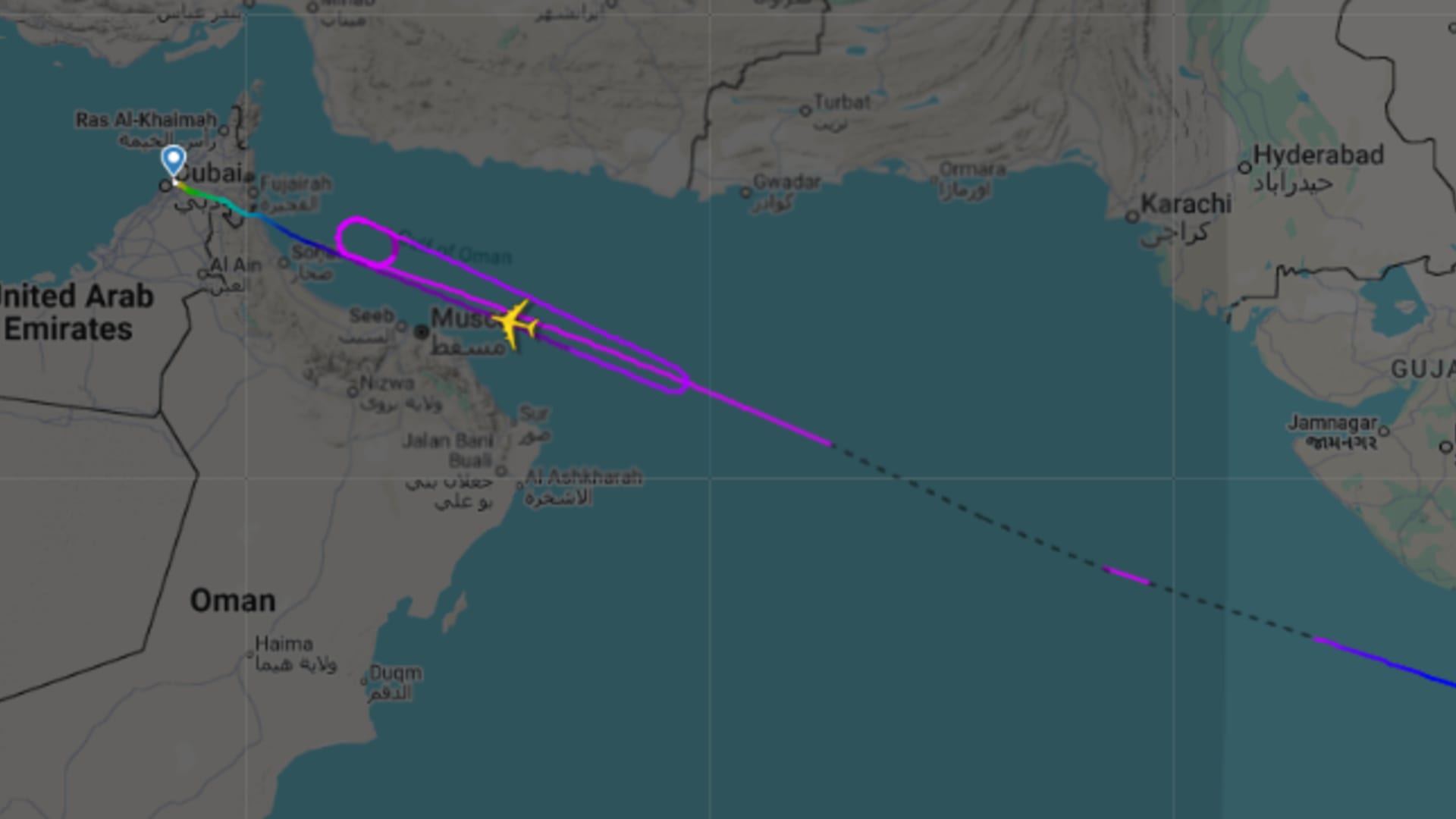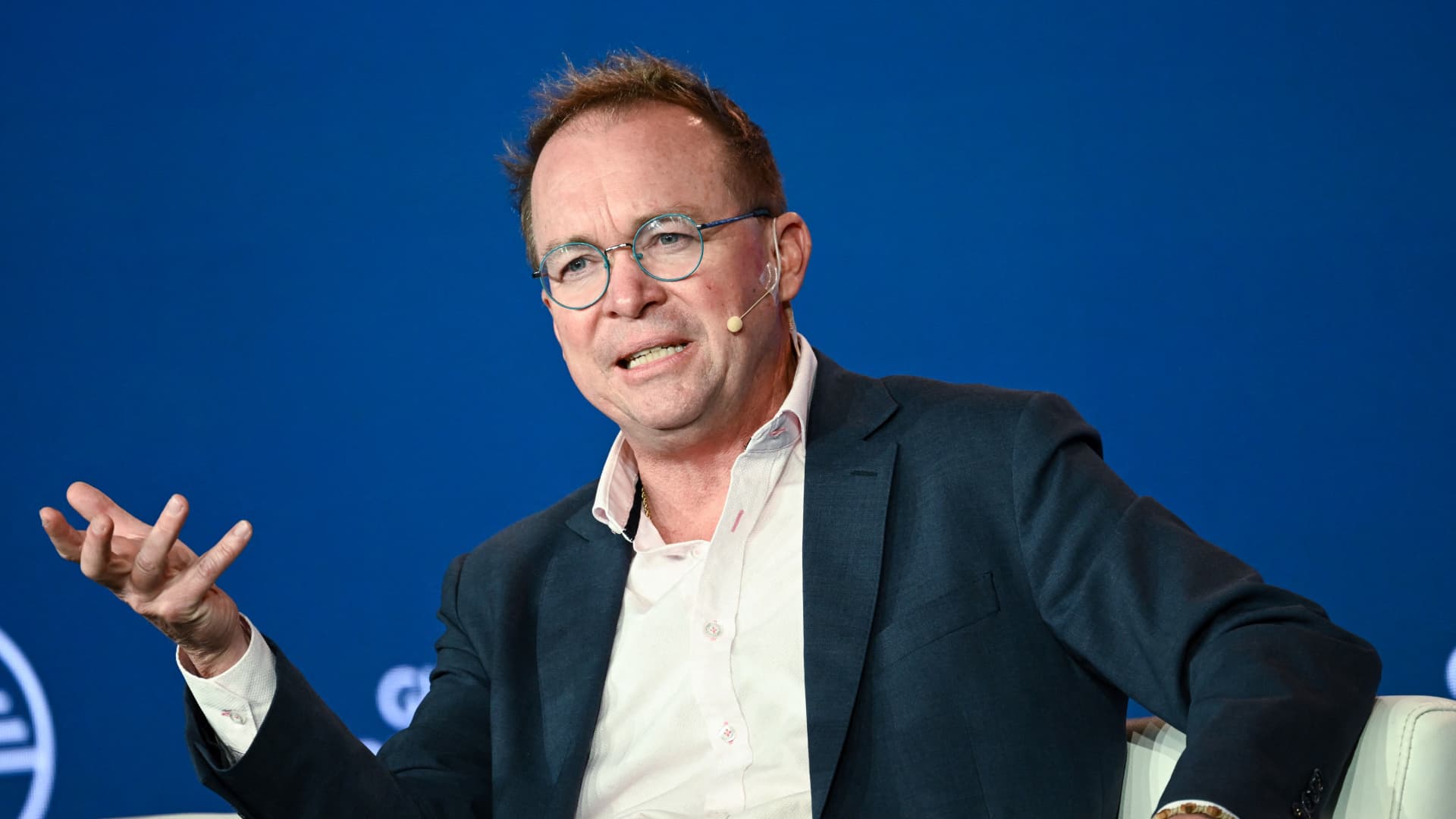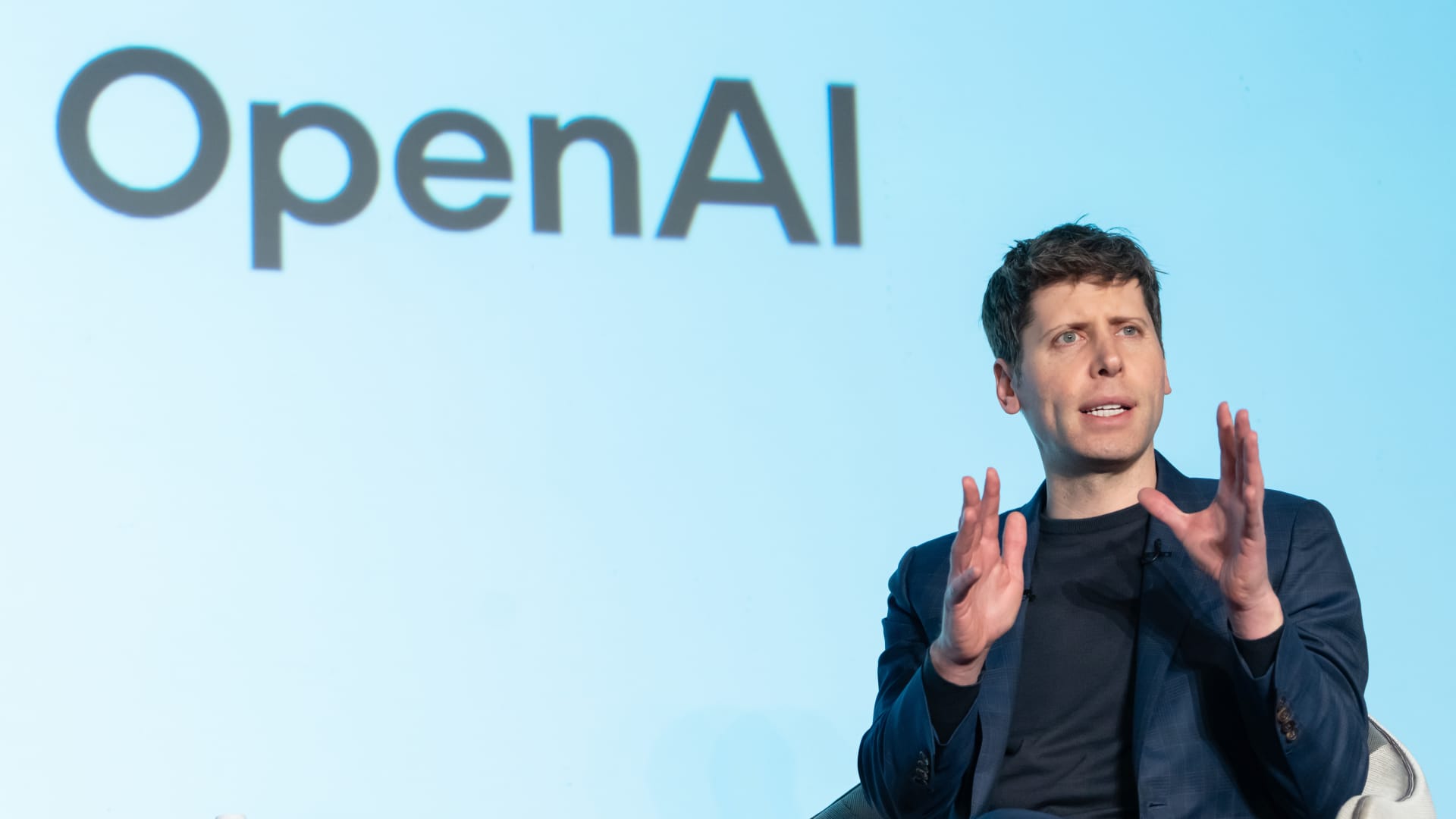Meta CEO Mark Zuckerberg appears at the Meta Connect event in Menlo Park, California, on Sept. 25, 2024.
David Paul Morris | Bloomberg | Getty Images
Meta won its high-profile antitrust case against the Federal Trade Commission, which had accused the company of holding a monopoly in social networking.
In a memorandum opinion released Tuesday, Judge James Boasberg of the U.S. District Court in Washington said that the FTC failed to show that Meta held monopoly in the personal social networking market.
The case, initially filed by the FTC five years ago, centered on Meta’s acquisitions of Instagram and WhatsApp.
“”Whether or not Meta enjoyed monopoly power in the past, though, the agency must show that it continues to hold such power now,” Boasberg said in the legal document said. “The Court’s verdict today determines that the FTC has not done so. A judgment so stating shall issue this day.”
Boasberg dismissed the case in 2021, saying the agency didn’t have enough evidence to prove “Facebook holds market power.” In August of that year, the FTC in filed an amended complaint with more details about the company’s user numbers and metrics relative to competitors like Snapchat, the now-defunct Google+ social network and Myspace.
After reviewing the amendments, Boasberg in 2022 ruled that the case could proceed, saying the FTC had presented more details than before.
Meta CEO Mark Zuckerberg, former operating chief Sheryl Sandberg, Instagram co-founder Kevin Systrom and other current and former Meta executives all testified in the trial, which began in April.
The FTC claimed Meta shouldn’t have been allowed to buy Instagram for $1 billion in 2012 and WhatsApp for $19 billion in 2014, and the agency called for those units to be sliced off from the company.
This is breaking news. Please refresh for updates.












